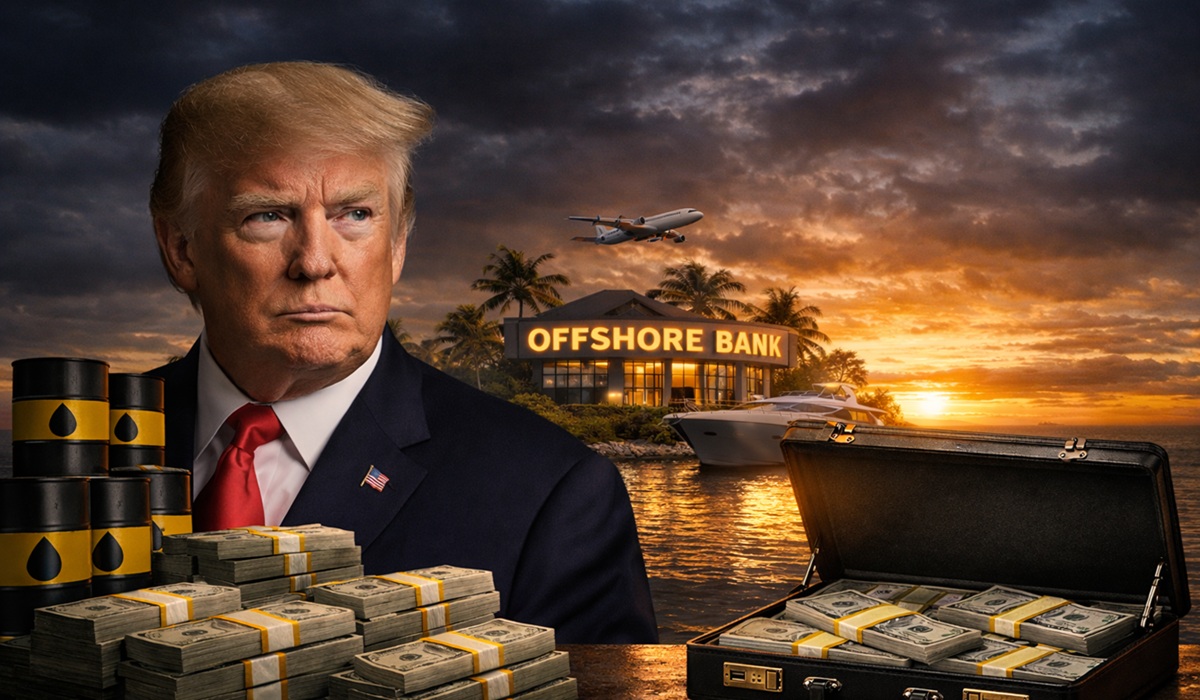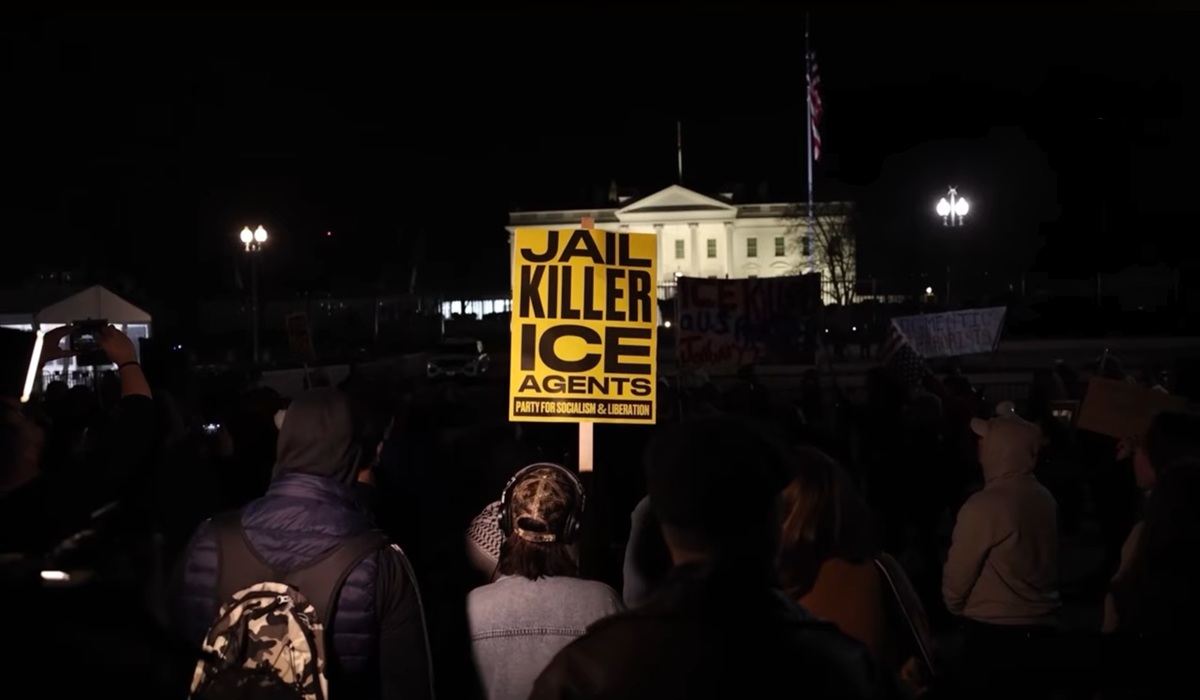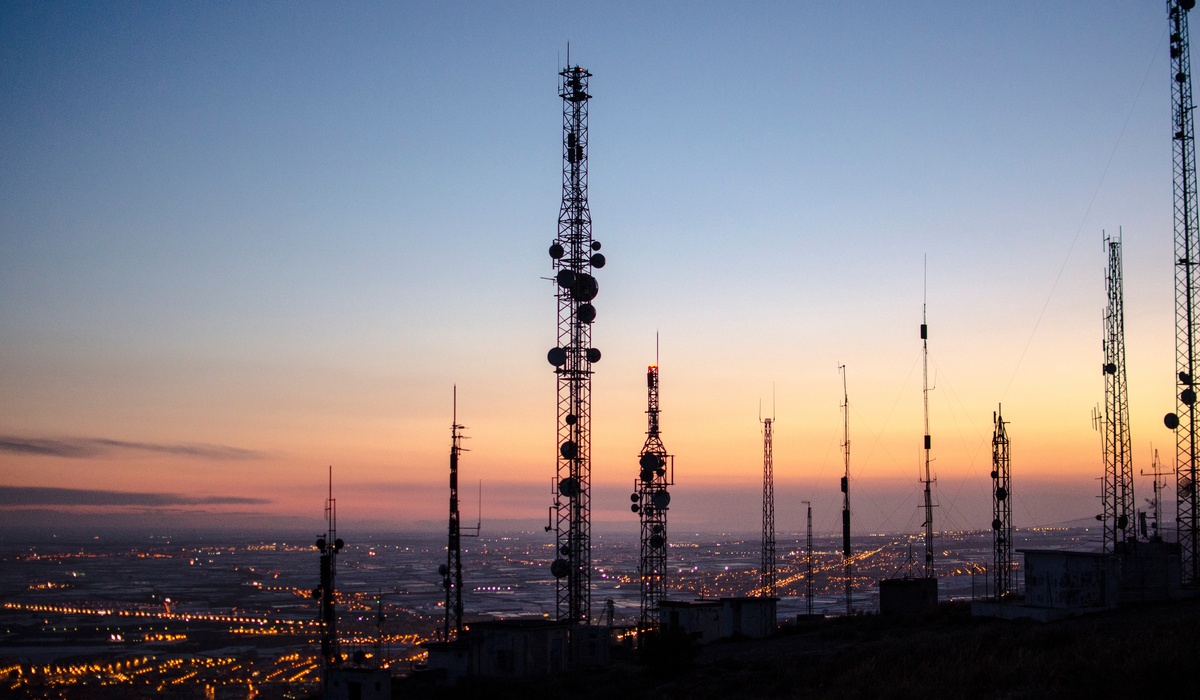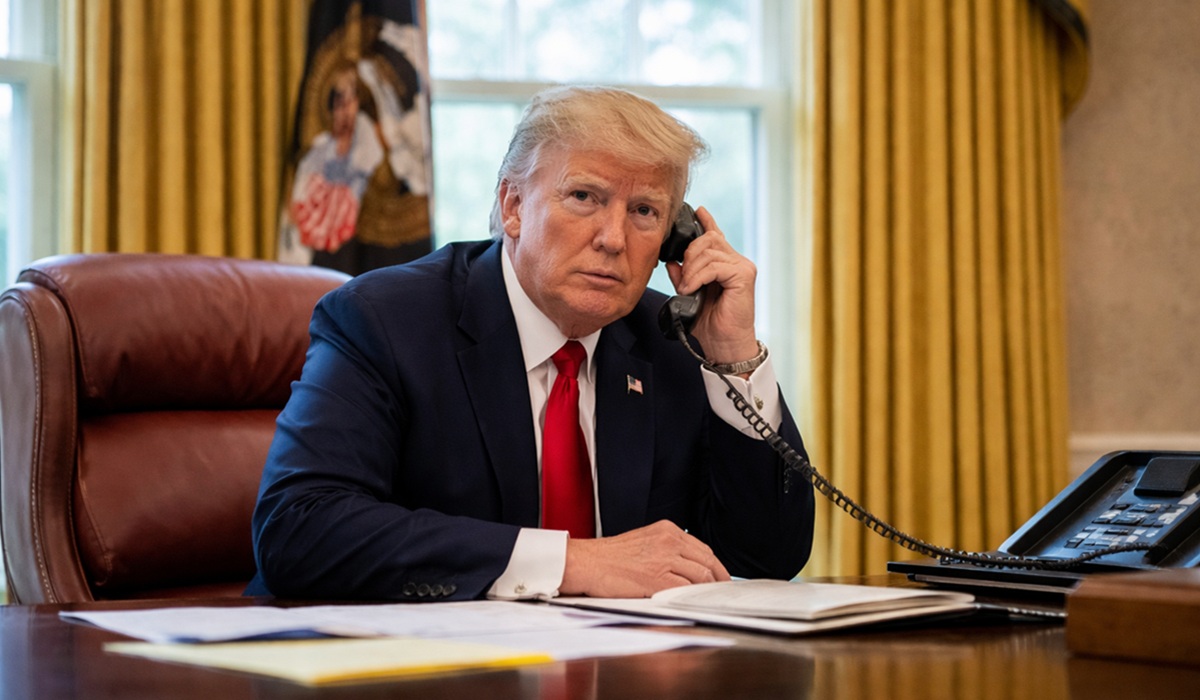How the ‘Blame China’ Rhetoric Is Fueling a Global Crisis Lacking Credibility
- TDS News
- Trending News
- China
- U.S.A
- June 1, 2025
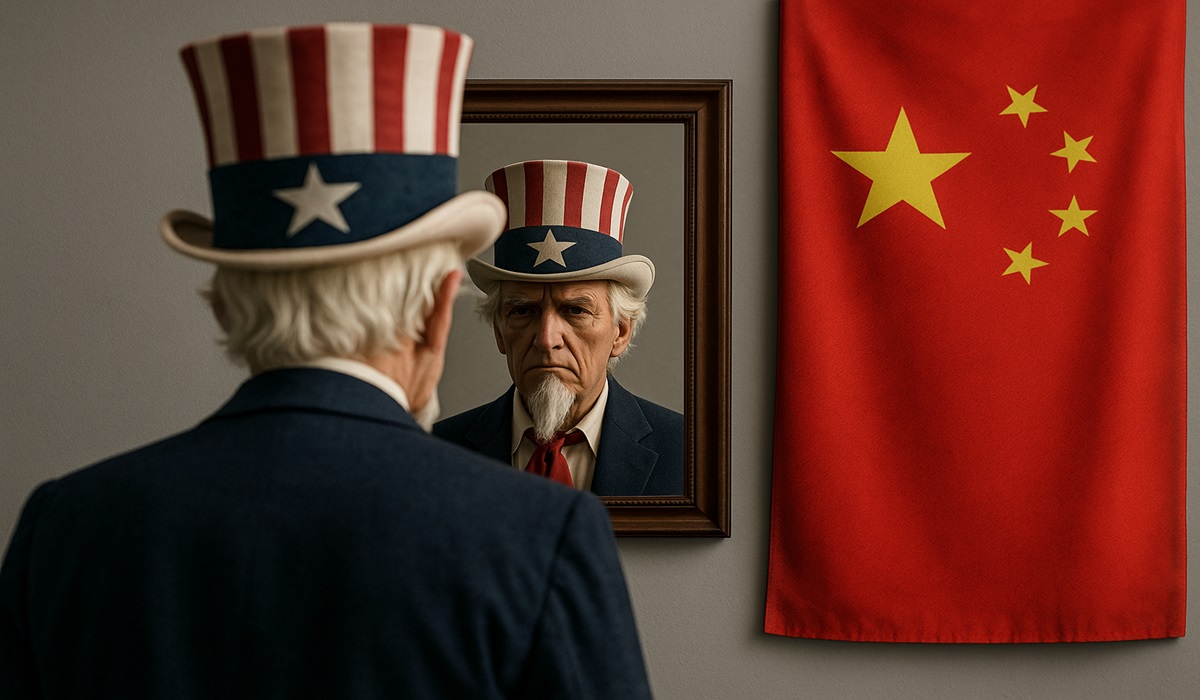
Donovan R. Martin Sr. Editor in Chief
In the corridors of diplomacy, a quiet truth is being whispered more boldly with each passing year: the American empire is no longer defined by the promise of liberty and leadership, but by the paranoia of its own decline. And nowhere is this more glaring than in the bipartisan, near-universal obsession with blaming China for every crisis, every miscalculation, and every systemic failure of the West. Ukraine? China’s fault. Gaza? China’s fault. Africa’s rise? China again. Even the economic fallout of Trump-era tariffs—a decision driven by domestic populism—is pinned on Beijing. It’s absurd, reckless, and frankly, a dangerous delusion.
The real question the world is asking isn’t whether China is a global actor to be engaged with or challenged; it’s why the United States is incapable of self-reflection.
Let’s start with the military. The United States maintains nearly 800 military bases across the world, a staggering show of force that no other country comes close to replicating. This isn’t defense; it’s dominance. And when America decides to intervene—whether in Iraq, Afghanistan, Libya, or Syria—it does so with a level of devastation unmatched in modern history. Who told America to bomb wedding parties in Yemen? Who instructed U.S. drones to circle villages in Pakistan for weeks, creating generations of traumatized civilians? Not China. And yet, with maddening consistency, U.S. officials continue to point fingers at Beijing, as though their mere economic rise justifies every American act of aggression.
Take Ukraine, for example. It was NATO’s eastward expansion—against decades-old verbal assurances—that cornered Russia into geopolitical insecurity. When the U.S. backed the Maidan uprising in 2014 and continued funneling weapons into the region, it wasn’t Beijing pulling the strings. It was Washington. And when the Nord Stream pipeline was mysteriously sabotaged, plunging Europe into an energy crisis, all arrows pointed west—not east. But instead of taking ownership, U.S. media and officials doubled down on blaming China for “enabling” Russia, simply because they refused to isolate Moscow economically. That’s not diplomacy—that’s scapegoating.
The situation in Gaza and Palestine is even more grotesque. The Israeli Defense Forces, armed to the teeth with U.S. weapons and protected by the American veto at the United Nations, have laid siege after siege on Gaza. Entire apartment blocks reduced to rubble, hospitals bombed, aid convoys turned away, and children buried under cement. And yet, U.S. politicians twist the narrative to suggest China’s silence is somehow a moral failing, while America bankrolls the destruction. Again, China didn’t sign those military aid checks. China didn’t defend the bombing of UN schools or the assassination of journalists. That blood isn’t on Beijing’s hands—it’s on Washington’s.
Africa provides yet another lens into this delusion. While the U.S. and Europe engineered coups, overthrew leaders, and imposed IMF structural adjustment programs that left entire nations bankrupt, China was building. Railways in Kenya. Ports in Djibouti. Hospitals in Angola. AI-operated farms in Nigeria. And yes, debt financing—imperfect, but transparent and often interest-free. Compare that with the neocolonial financial shackles imposed by the World Bank and IMF, institutions where the U.S. holds veto power. Who overthrew Gaddafi, turning Libya into a slave-trading warzone? The U.S. and NATO. Who created AFRICOM and dispatched General Langley to “destabilize” Burkina Faso with troops and political pressure? Not China. And still, the West insists that China is somehow manipulating Africa’s sovereignty. The truth is, African nations are choosing Beijing because the West gave them no real alternative. They’re choosing railways over bombs, hospitals over military bases.
Then there’s the home front. Americans have been conditioned—through a meticulously controlled media machine—to see China as the bogeyman behind their problems. But ask the average American: have they ever been to China? The vast majority haven’t. If they did, they’d be stunned to discover a society with functioning public transit, electric vehicles dominating the streets, walkable cities, clean infrastructure, and a rapidly expanding middle class. They’d see a nation making university education free, developing AI-built roads and agriculture, and eliminating extreme poverty at a pace the U.S. can only dream of. Meanwhile, 40 million Americans still live without healthcare. Homeless encampments stretch across every major city, children sleep in tents, and insulin remains unaffordable. This is not a failure caused by China—it’s the inevitable result of a system that’s rotting from within.
Why is it so easy to blame China? Because admitting the truth is harder. It would mean acknowledging that American exceptionalism is a myth. It would require confronting the uncomfortable fact that the U.S. has not been a force for good in much of the world—not for decades. It would mean finally looking in the mirror and seeing not a beacon of freedom, but a nation addicted to war, driven by corporate interests, and terrified of multipolarity.
The drumbeat of war over Taiwan is perhaps the most surreal manifestation of this paranoia. Every few months, another American official declares that China is “on the brink” of invading Taiwan—despite the fact that China has not been to war in over four decades. Compare that with the U.S., which has been at war—militarily active—every single year for the last 70+ years. The irony is lost on no one but Americans themselves. China’s rhetoric may be nationalistic, but America’s actions are imperialistic. And when the Pentagon talks about defending “freedom in the Pacific,” the rest of the world hears what it really is: a justification for another front, another deployment, another show of force.
This anti-China hysteria is not just a political gimmick—it’s a dangerous foreign policy doctrine. It distorts reality, divides allies, and brings the world closer to a conflict no one wants. Even worse, it blinds Americans to the opportunities that genuine cooperation with China could offer: joint climate action, pandemic preparedness, technological exchange, and peace-building. But that requires maturity—a political quality in disturbingly short supply across both aisles of U.S. leadership.
Of course, China is not perfect. There are legitimate concerns about censorship, but that does not justify the blanket demonization that’s being normalized in American discourse. None of that justifies blaming Beijing for decisions clearly made in Washington boardrooms, NATO war rooms, or CIA planning chambers.
The world is changing. The unipolar moment is over. Africa is forging new alliances. Latin America is resisting old shackles. Southeast Asia is rising. The Middle East is tired of being a battleground. And China, despite all odds, has become a symbol—not of conquest, but of possibility. That’s what scares America most: not that China is evil, but that China is effective.
So let’s be honest. America’s real enemy isn’t China. It’s hubris. It’s the refusal to adapt, the arrogance to assume it will always be on top, and the blind faith that it can bomb, sanction, or demonize its way out of decline. But the global south is no longer buying the narrative. The world isn’t fooled.
Until the U.S. is willing to look in the mirror, to own its own history, and to stop projecting its insecurities onto others, this cycle of blame will continue. And with it, the decline of the very values America once claimed to champion. The real threat isn’t coming from across the Pacific—it’s coming from within.

